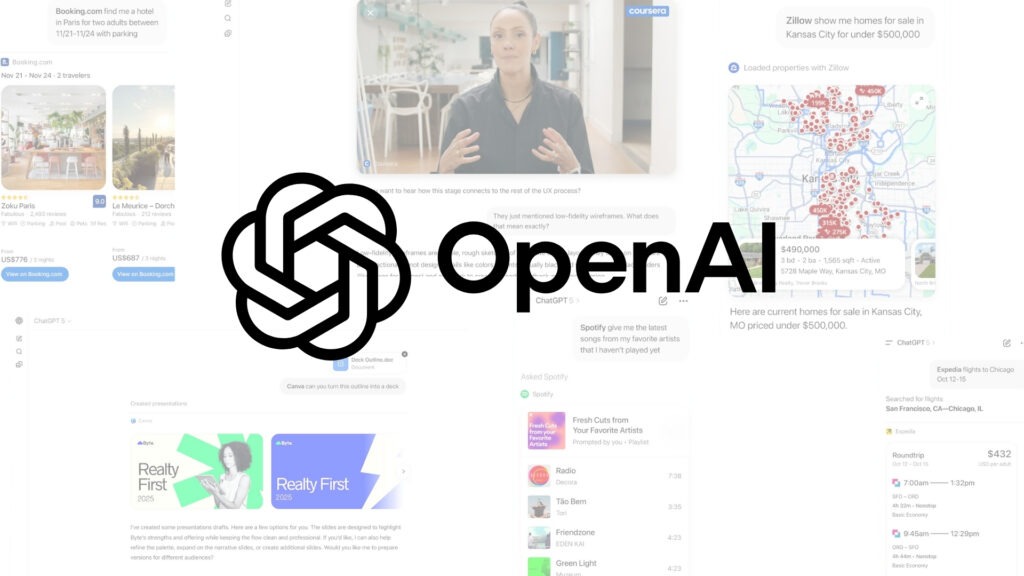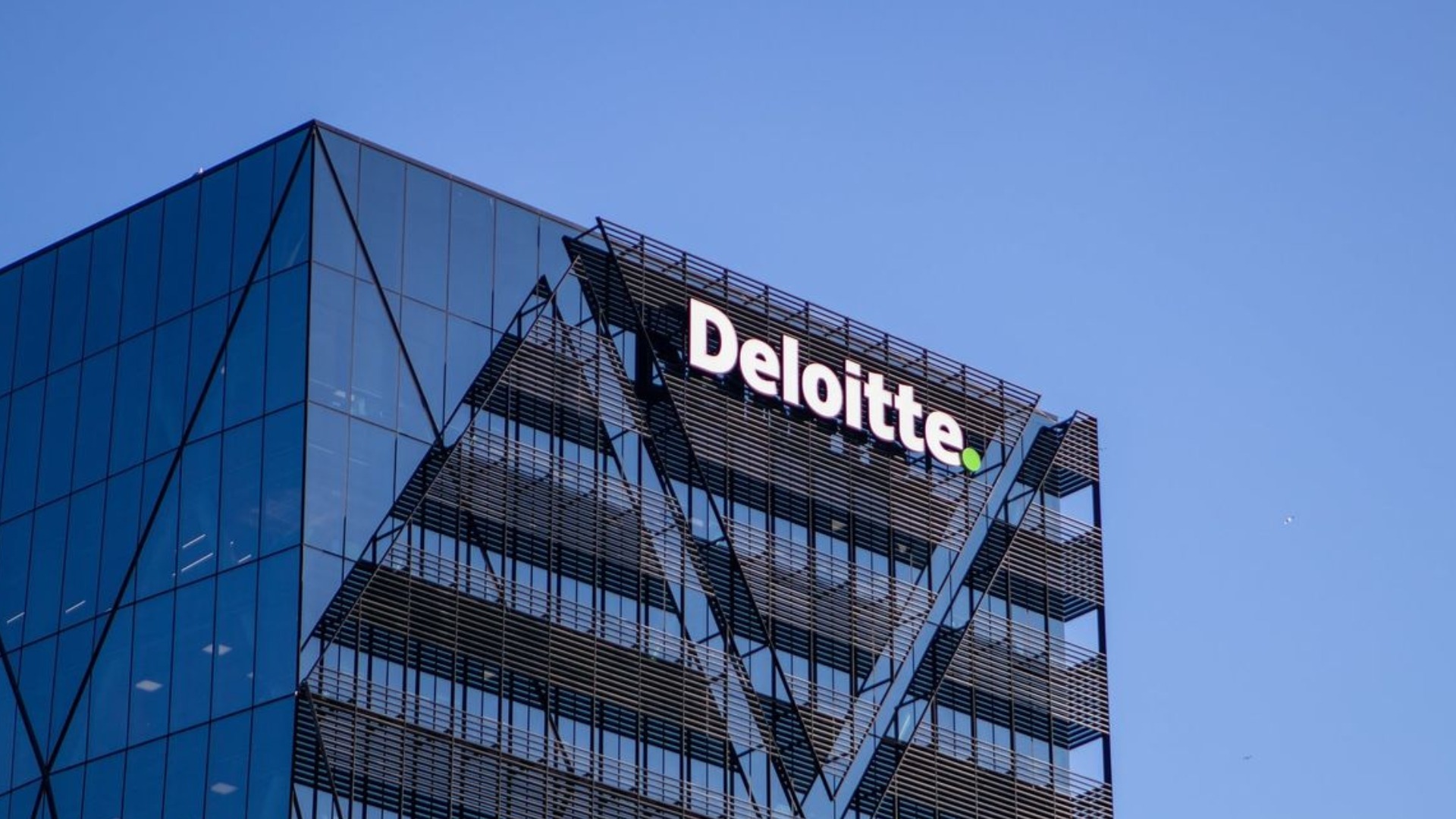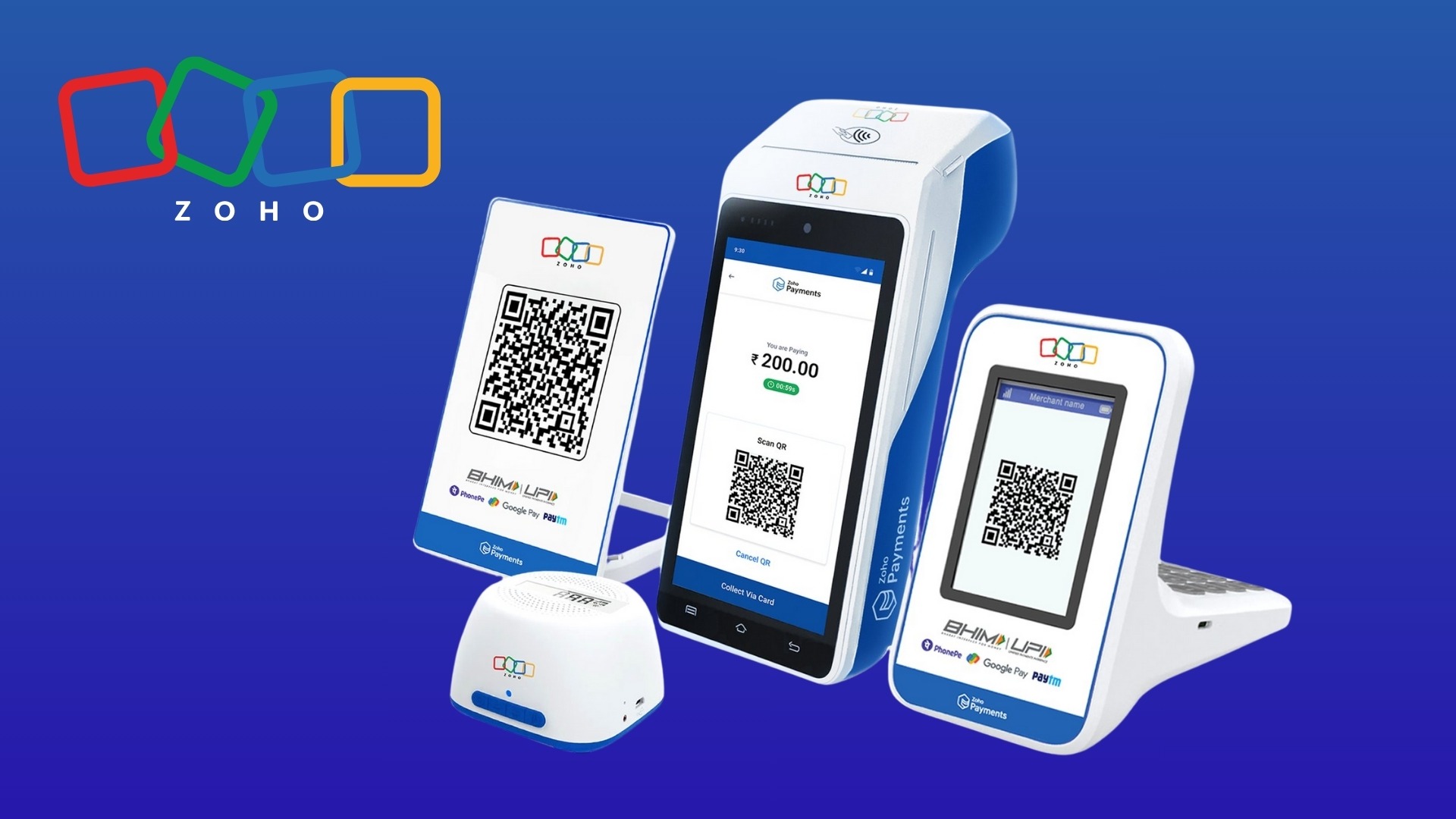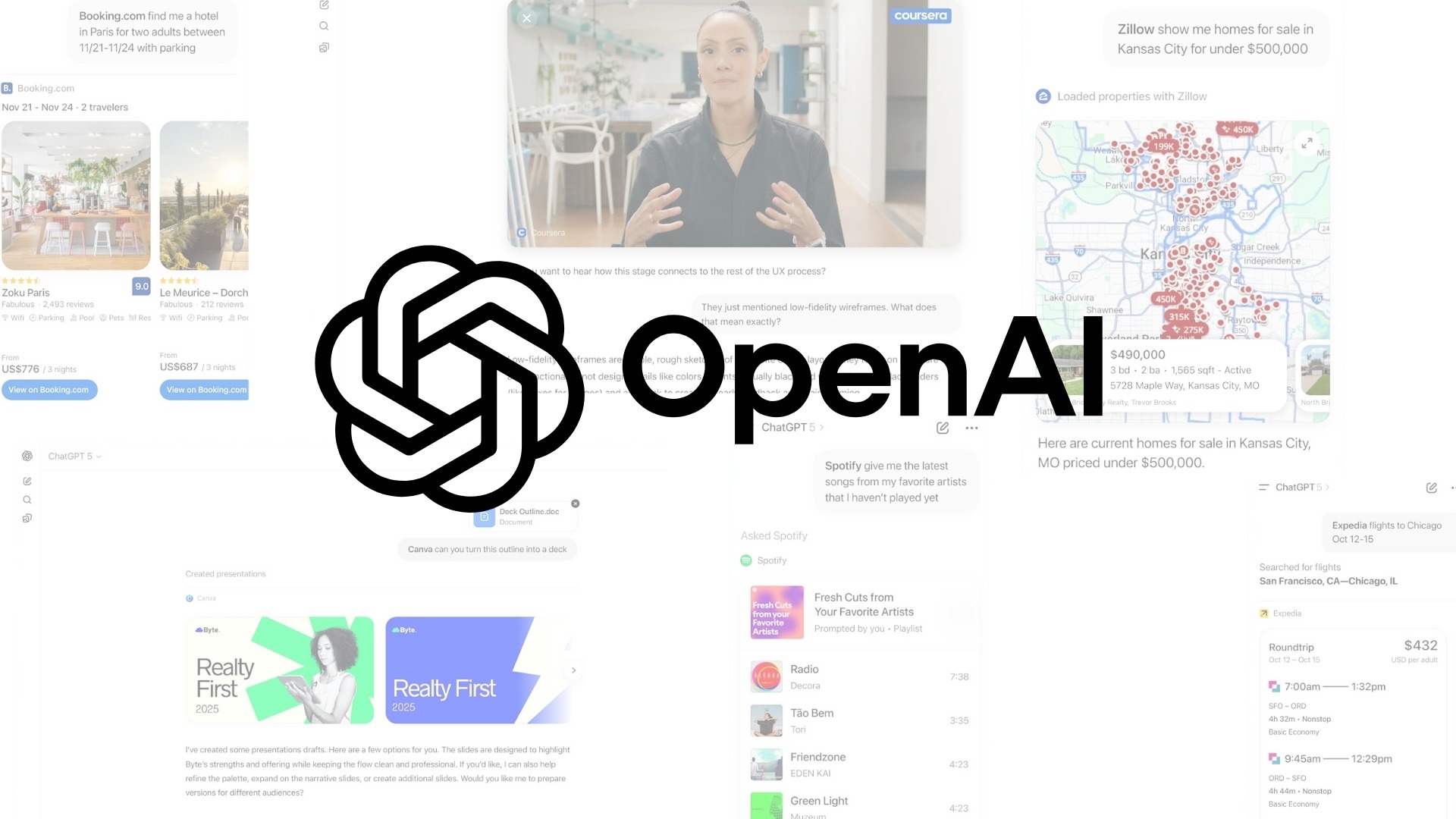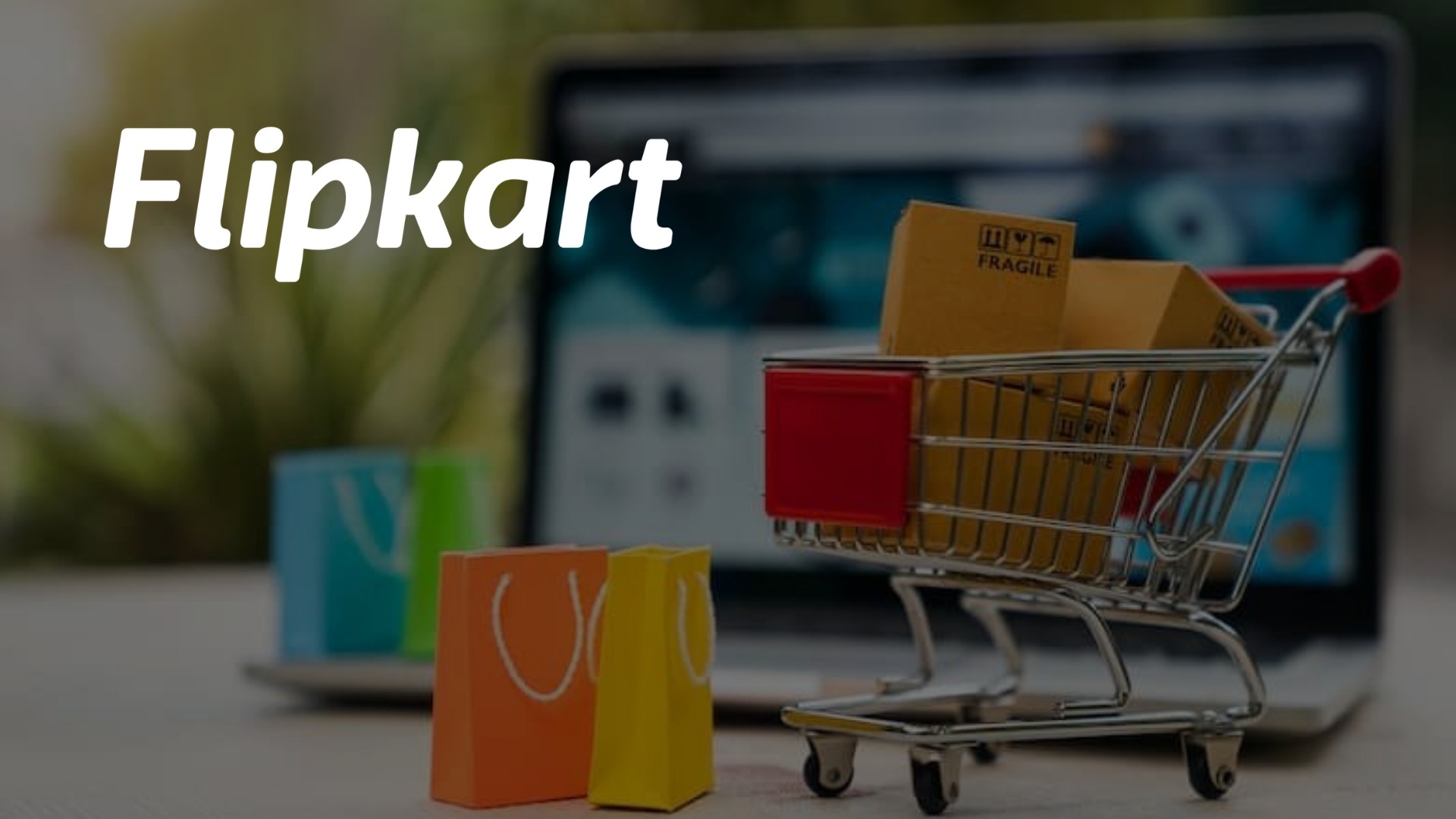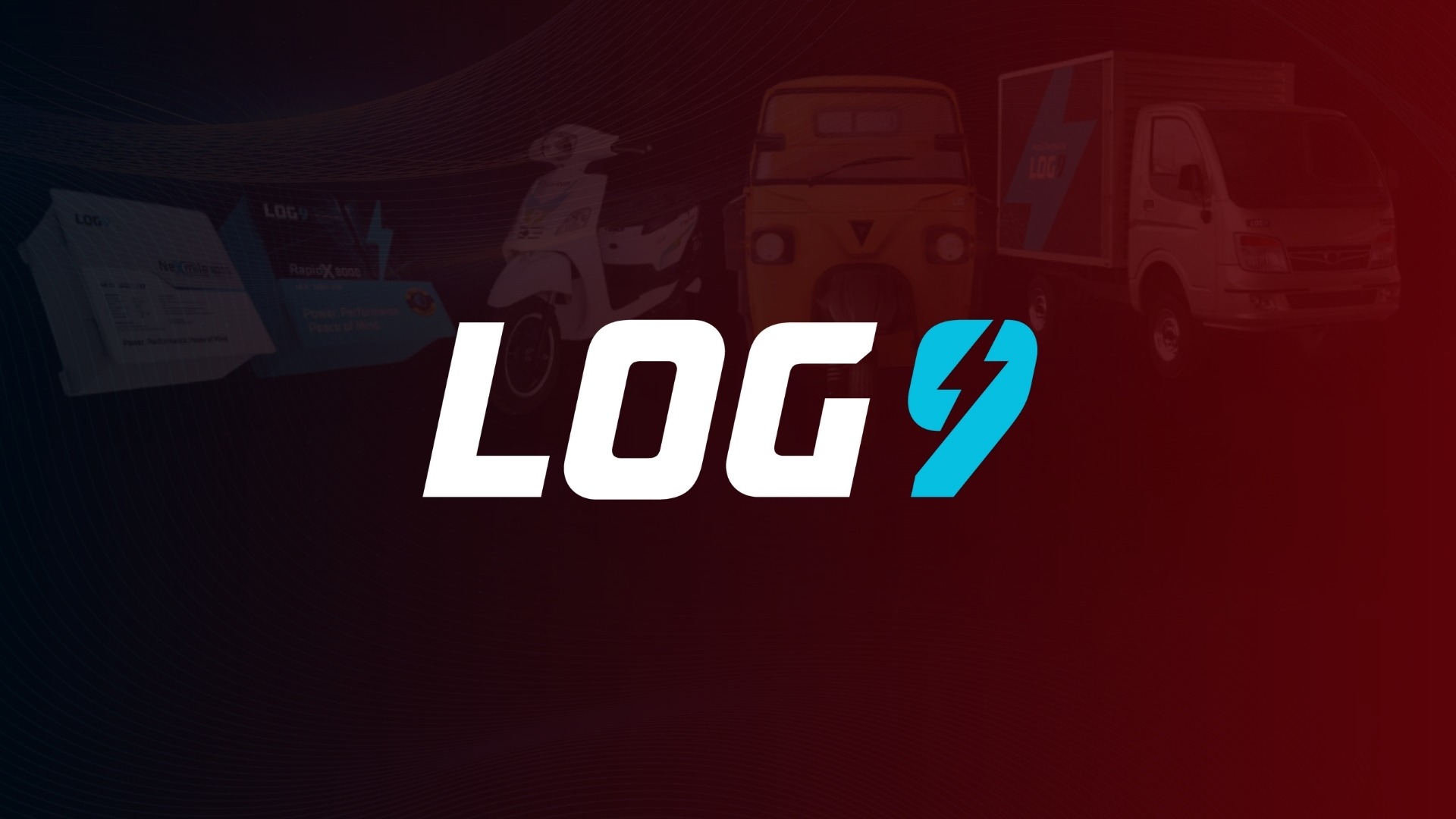OpenAI has unveiled a major update to ChatGPT, introducing a new way for users to access third-party applications directly inside the chatbot interface. The announcement came during the company’s annual developer conference, DevDay 2025.
The new feature, called “Apps in ChatGPT,” allows users to interact with popular services like Booking.com, Canva, Coursera, Expedia, Figma, Spotify, and Zillow without leaving the chat window. OpenAI also launched a preview of its new Apps SDK, enabling developers to build interactive, conversational applications inside ChatGPT.
“We want ChatGPT to be a great way for people to make progress, to be more productive, more inventive, to learn faster, to do whatever they’re trying to do in their lives better,” said CEO Sam Altman during his keynote. “Apps inside ChatGPT will enable a new generation of applications that are interactive, adaptive, and personalized.”
How the System Works
The apps operate within ChatGPT using OpenAI’s Model Context Protocol (MCP), which allows developers to securely connect their data and services to ChatGPT. Users can invoke these apps through natural prompts for example, saying “Spotify, make a playlist for my weekend party” or “Figma, turn this sketch into a wireframe.”
ChatGPT can also surface apps proactively when relevant. If a user asks for help planning a vacation, for example, ChatGPT may automatically suggest the Expedia or Booking.com app. These apps render interactive user interfaces including maps, playlists, and design canvases directly in the chat window.
Users can connect their existing accounts from these services to ChatGPT, allowing for personalized functionality. For instance, a Zillow demo showed ChatGPT displaying an interactive map of rental listings based on a user’s criteria, enabling follow-up questions within the same chat.
Developer Access and Ecosystem Growth
The Apps SDK, now in preview, gives developers the tools to create, test, and distribute their own ChatGPT apps. According to OpenAI, this system marks a shift from the earlier GPT Store approach, integrating apps directly into everyday chat interactions rather than a separate marketplace.
OpenAI stated that developers will be able to monetize their apps in the future, potentially through Instant Checkout, a recently introduced payment feature inside ChatGPT. The company emphasized that apps must clearly disclose what data they collect and limit permissions to only what’s necessary.
Launch Partners and Future Expansion
The initial rollout includes partnerships with Booking.com, Canva, Coursera, Expedia, Figma, Spotify, and Zillow. Users on all ChatGPT plans Free, Go, Plus, and Pro can access these apps in supported regions starting this week.
OpenAI also confirmed that it is in talks with additional partners including DoorDash, Uber, Instacart, and AllTrails, which are expected to launch later in 2025.
Privacy, Competition, and Unanswered Questions
OpenAI says privacy will remain a key focus, requiring developers to follow strict transparency guidelines. However, it remains unclear how much conversational data apps can access whether it’s the full chat history or only the immediate prompt that triggers the app.
Another unresolved issue is how ChatGPT will handle multiple competing services. For instance, if both DoorDash and Instacart are integrated, the system’s logic for surfacing one app over another remains undisclosed. This raises potential concerns about neutrality and promotion within ChatGPT responses.
A Step Toward ChatGPT as a Platform
Industry analysts view the move as OpenAI’s latest effort to transform ChatGPT from a conversational assistant into a full-fledged platform a central interface for digital interactions. The company’s aim appears to be creating an “AI operating system” where users can access multiple tools and services through natural language rather than separate websites or apps.
The integration of third-party apps could also expand developer reach: OpenAI claims ChatGPT serves hundreds of millions of users worldwide, offering a significant audience for app makers.
Still, questions around privacy safeguards, monetization frameworks, and competitive fairness will determine how sustainable and open this new ecosystem becomes.
Also Read: The Man Company Story: How a Small Startup Became India’s Leading Men’s Grooming Brand


